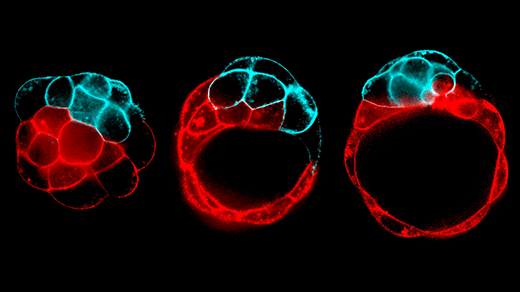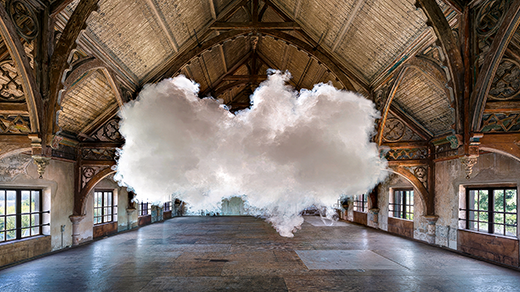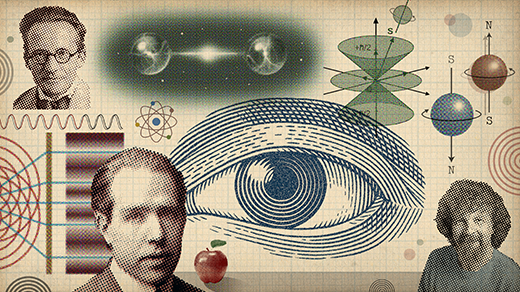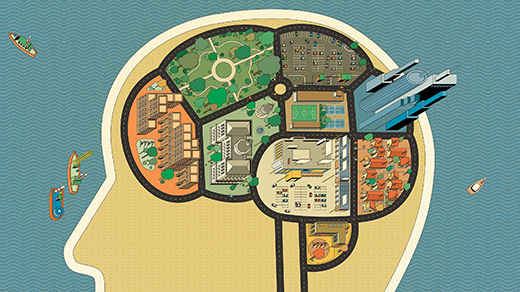2014 Fields Medal and Nevanlinna Prize Winners Announced
Latest Articles
Break It To Make It: How Fracturing Sculpts Tissues and Organs
Growing tissues can crack, break, and dissociate to form structures that can later withstand immense forces.
The Man Who Stole Infinity
In an 1874 paper, Georg Cantor proved that there are different sizes of infinity and changed math forever. A trove of newly unearthed letters shows that it was also an act of plagiarism.
How Can Infinity Come in Many Sizes?
Intuition breaks down once we’re dealing with the endless. To begin with: Some infinities are bigger than others.
Climate Physicists Face the Ghosts in Their Machines: Clouds
The planet is getting hotter, but one factor in particular makes it hard to tell just how hot it will get. Physicists and computer scientists are racing to solve the problem of clouds.
The Biophysical World Inside a Jam-Packed Cell
Innovations in imaging and genetic engineering are coming together to probe the biophysics of cytoplasm inside living animals.
A New Complexity Theory for the Quantum Age
Henry Yuen is developing a new mathematical language to describe problems whose inputs and outputs aren’t ordinary numbers.
Are the Mysteries of Quantum Mechanics Beginning To Dissolve?
Columnist Philip Ball thinks the phenomenon of decoherence might finally bridge the quantum-classical divide.
Physicists Make Electrons Flow Like Water
We describe electricity as a flow, but that’s not what happens in a typical wire. Physicists have begun to induce electrons to act like fluids, an effort that could illuminate new ways of thinking about quantum systems.
Fed on Reams of Cell Data, AI Maps New Neighborhoods in the Brain
Machine learning is helping neuroscientists organize vast quantities of cells’ genetic data in the latest neurobiological cartography effort.







